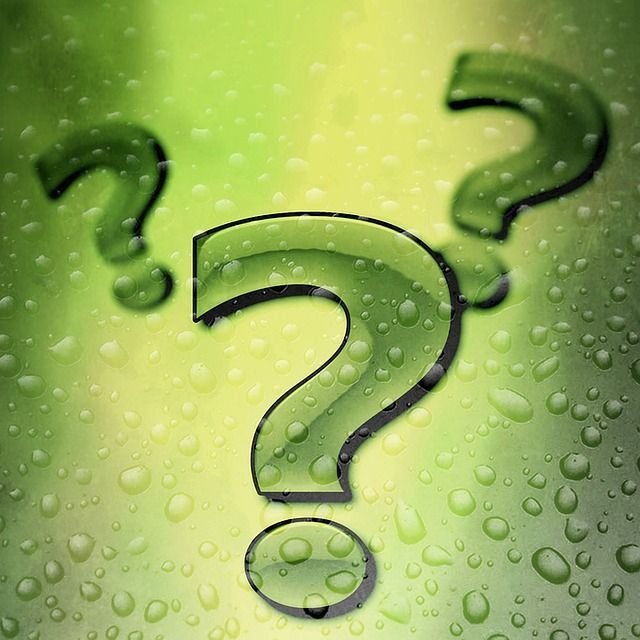- «I have a dog.» – Tengo un perro.
- «I had a dog when I was a child.» – Tenía un perro cuando era niño.
- «They have a beautiful garden.» – Ellos tienen un hermoso jardín.
- «They had a beautiful garden until the storm destroyed it.» – Tenían un hermoso jardín hasta que la tormenta lo destruyó.
- «She has two brothers.» – Ella tiene dos hermanos.
- «She had two brothers, but one of them moved away.» – Tenía dos hermanos, pero uno de ellos se mudó.
- «We have a meeting at 3 PM.» – Tenemos una reunión a las 3 PM.
- «We had a meeting yesterday at the same time.» – Tuvimos una reunión ayer a la misma hora.
- «He has a car.» – Él tiene un coche.
- «He had a car, but he sold it last year.» – Tenía un coche, pero lo vendió el año pasado.
- «She has a lovely smile.» – Ella tiene una sonrisa encantadora.
- «She had a lovely smile even when she was a child.» – Tenía una sonrisa encantadora incluso cuando era niña.
- «They have a big house.» – Ellos tienen una casa grande.
- «They had a big house before they downsized.» – Tenían una casa grande antes de reducirse.
- «I have a cup of coffee every morning.» – Tomo una taza de café todas las mañanas.
- «I had a cup of coffee before I left for work.» – Tomé una taza de café antes de salir para el trabajo.
- «We have a lot of homework.» – Tenemos mucha tarea.
- «We had a lot of homework last week.» – Tuvimos mucha tarea la semana pasada.
- «She has a beautiful voice.» – Ella tiene una voz hermosa.
- «She had a beautiful voice when she sang at the concert.» – Tenía una voz hermosa cuando cantó en el concierto.
- «They have a dog and a cat.» – Tienen un perro y un gato.
- «They had a dog, but they adopted a cat recently.» – Tenían un perro, pero adoptaron un gato recientemente.
- «He has a talent for playing the guitar.» – Él tiene un talento para tocar la guitarra.
- «He had a talent for playing the guitar since he was a teenager.» – Tenía un talento para tocar la guitarra desde que era adolescente.
- «She has a book on her desk.» – Ella tiene un libro en su escritorio.
- «She had a book on her desk, but now it’s gone.» – Tenía un libro en su escritorio, pero ahora ha desaparecido.
- «They have a vacation planned for next month.» – Tienen unas vacaciones planeadas para el próximo mes.
- «They had a vacation in Europe last year.» – Tuvieron unas vacaciones en Europa el año pasado.
- «I have a headache.» – Tengo dolor de cabeza.
- «I had a headache yesterday, but it’s better now.» – Tenía dolor de cabeza ayer, pero ahora está mejor.
- «She has a job as a teacher.» – Ella tiene un trabajo como profesora.
- «She had a job as a teacher for many years before retiring.» – Tenía un trabajo como profesora durante muchos años antes de jubilarse.
- «They have a new baby.» – Tienen un bebé nuevo.
- «They had a new baby just a few weeks ago.» – Tuvieron un bebé nuevo hace apenas unas semanas.
- «I have an idea.» – Tengo una idea.
- «I had an idea for a new project.» – Tenía una idea para un nuevo proyecto.
- «She has a cat named Whiskers.» – Ella tiene un gato llamado Whiskers.
- «She had a cat named Whiskers when she was a child.» – Tenía un gato llamado Whiskers cuando era niña.
- «They have a garden party every summer.» – Tienen una fiesta en el jardín cada verano.
- «They had a garden party last weekend, and it was a lot of fun.» – Tuvieron una fiesta en el jardín el fin de semana pasado, y fue muy divertido.
- «I have a friend who lives in New York.» – Tengo un amigo que vive en Nueva York.
- «I had a friend who used to live in New York.» – Tenía un amigo que solía vivir en Nueva York.
- «She has a key to the front door.» – Ella tiene una llave de la puerta principal.
- «She had a key to the front door, but she lost it.» – Tenía una llave de la puerta principal, pero la perdió.
- «They have a tradition of baking cookies for Christmas.» – Tienen la tradición de hornear galletas para Navidad.
- «They had a tradition of baking cookies with their grandmother.» – Tenían la tradición de hornear galletas con su abuela.
- «I have a dream.» – Tengo un sueño.
- «I had a dream last night that I was flying.» – Tuve un sueño anoche en el que volaba.
- «She has a passion for art.» – Ella tiene pasión por el arte.
- «She had a passion for art since she was a child.» – Tenía pasión por el arte desde que era niña.
Estas frases deberían ayudarte a comprender mejor las diferencias entre «have» y «had» en inglés.




